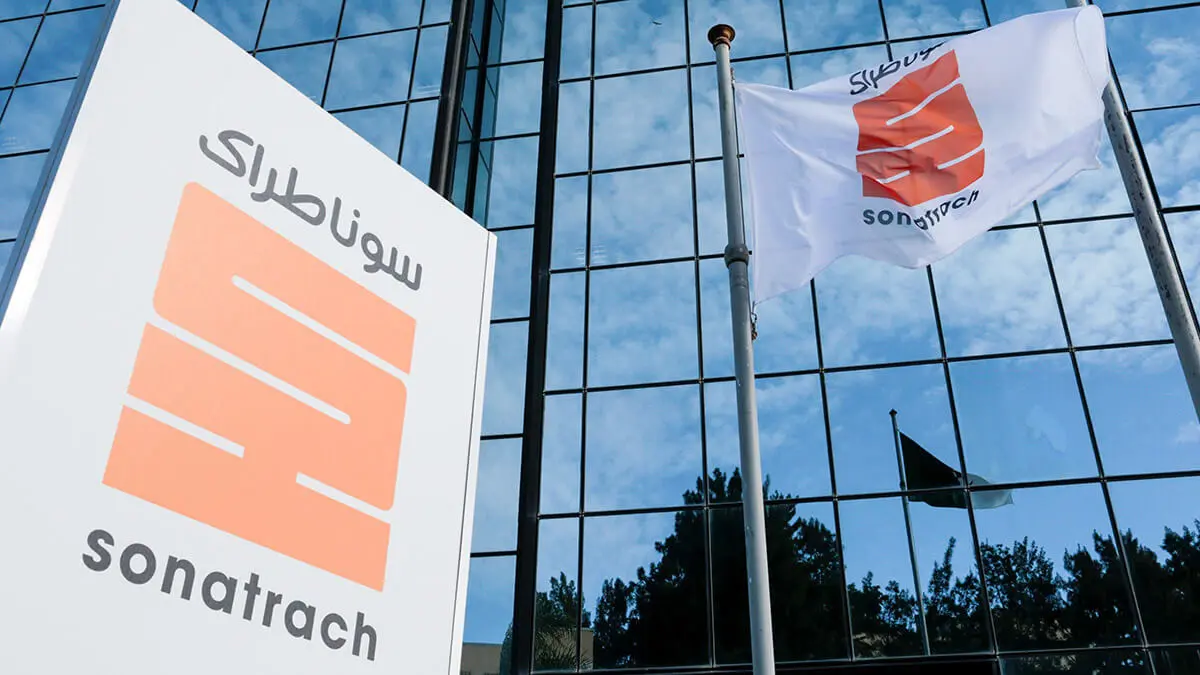Algeria can't cut off Spain's gas supplies, even if it's unfortunate

To announce or write that Algeria can cut off gas supplies to Spain is either stupidity, or self-serving disinformation, or both.
Algeria neither can nor will suspend gas supplies to Spain through the MEDGAZ pipeline in any way. To say otherwise is to induce panic in the government, economic operators and the Spanish population.
There are at least six reasons for this:
- The sale of hydrocarbons on the international market is the main and almost the only source of foreign currency for the Algerian state (98% of its income), with which it finances its budgets, makes the administration function and allocates funds for growth. At the same time, "petrodollars" enable Algeria's rearmament, the arms race against its neighbouring Kingdom of Morocco, and the licit and illicit enrichment of its elites and political and military castes. The more than 300 high-ranking state officials (generals, ministers, heads of government, businessmen, financiers and CEOs of public companies) who are currently in prison have enriched themselves with the money from the sale of subsoil wealth. However, to secure their markets, it is essential to have credibility and to give confidence to buyers and investors. If the Algerian regime were to use the "energy weapon" to blackmail any of its clients, it would show that it is unreliable, and the market would punish it. The Algerian regime knows this, and will not fall into this trap. It is simply making threats to intimidate.
- None of the contracts signed by Algeria for the sale of its hydrocarbons contain any kind of clause allowing it to "make supply conditional on political motives". There is no clause in the contract signed between Sonatrach and Spain's Naturgy or Repsol or any other company that allows Algiers to unilaterally break the contract for political reasons.
- Similarly, the contract between Sonatrach and Naturgy does not provide for the possibility that the contract may be subject to possible changes in shareholding. Both the Algerian and Spanish oil companies can modify their shareholding, without this affecting the validity of the contract.
- Algeria has never unilaterally used contracts signed with multinational companies as political blackmail since it nationalised hydrocarbons in February 1971, until then in the hands of France. Only the 'oil weapon' was used collectively by the Arab oil-exporting countries after the Yom Kippur War between Israel and the Arab world in October 1973, but collectively, as a bloc, and not individually by each country on its own. What is true is that a significant number of contractual disputes between Algeria and its foreign customers have been brought before international arbitration tribunals, with the customer and the producer sometimes being awarded the contract. But these are contractual disputes, not strategic supply disruptions.
- The cessation of Algerian gas supplies to Spain via the Maghreb-Spain gas pipeline is not a precedent that supports the thesis of a supply disruption scenario. Algeria unilaterally took the decision not to renew the gas contract linking it to Spain and Portugal via the Maghreb-Europe pipeline, which had a passage of several hundred kilometres through Morocco. The contract signed by Algeria with Spain and Portugal expired on 31 October 2021, and Algiers did not renew it in retaliation against Morocco. Spain was then able to call on the European Union to take action, but did not do so out of meanness and pettiness.
- The Algerian regime is aware that taking a retaliatory measure of this nature against Spain would be an affront to the state; that whatever government occupies La Moncloa, Spain will feel attacked. This is not a punishment of the current President of the government, Pedro Sánchez, but of the Spanish state.

